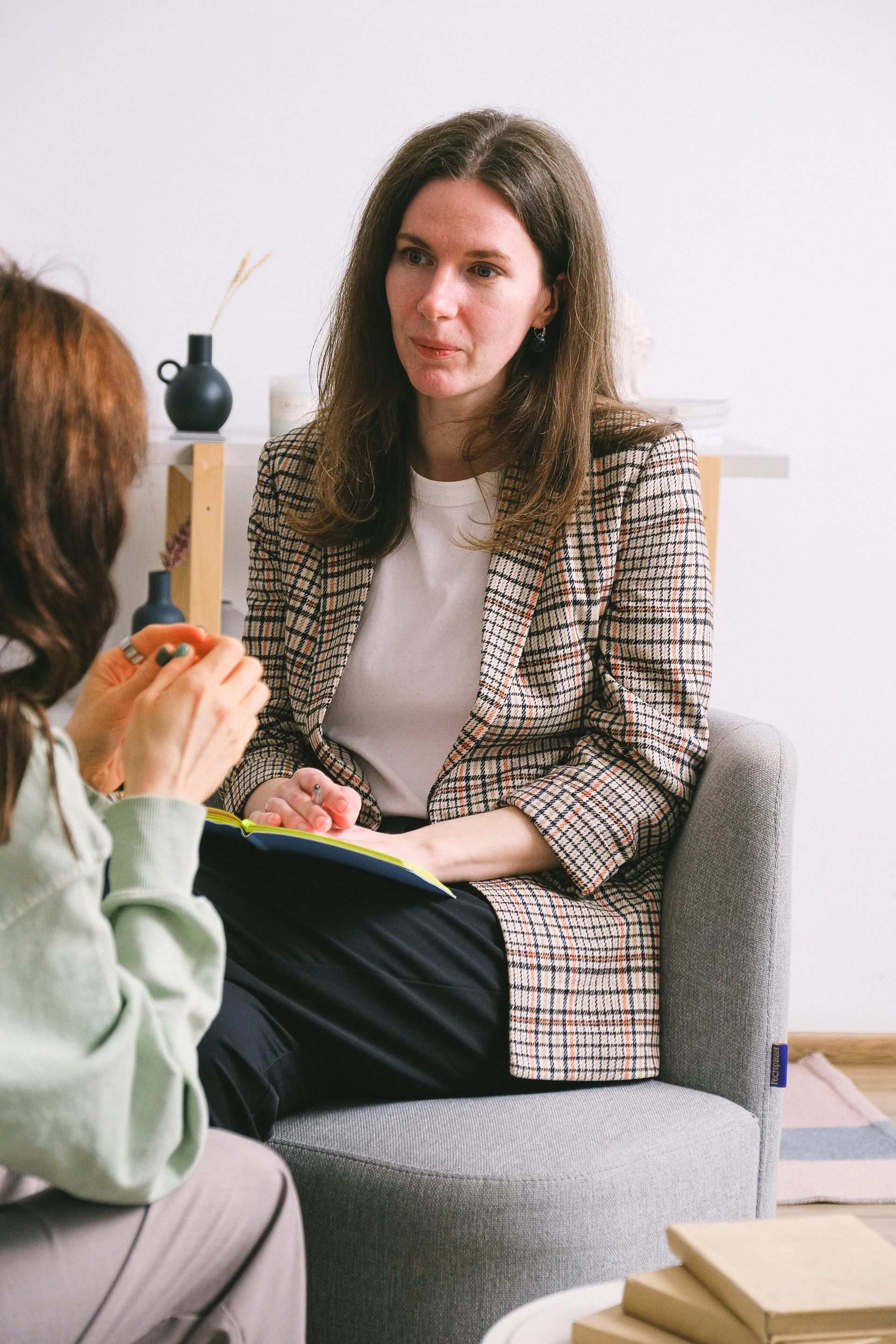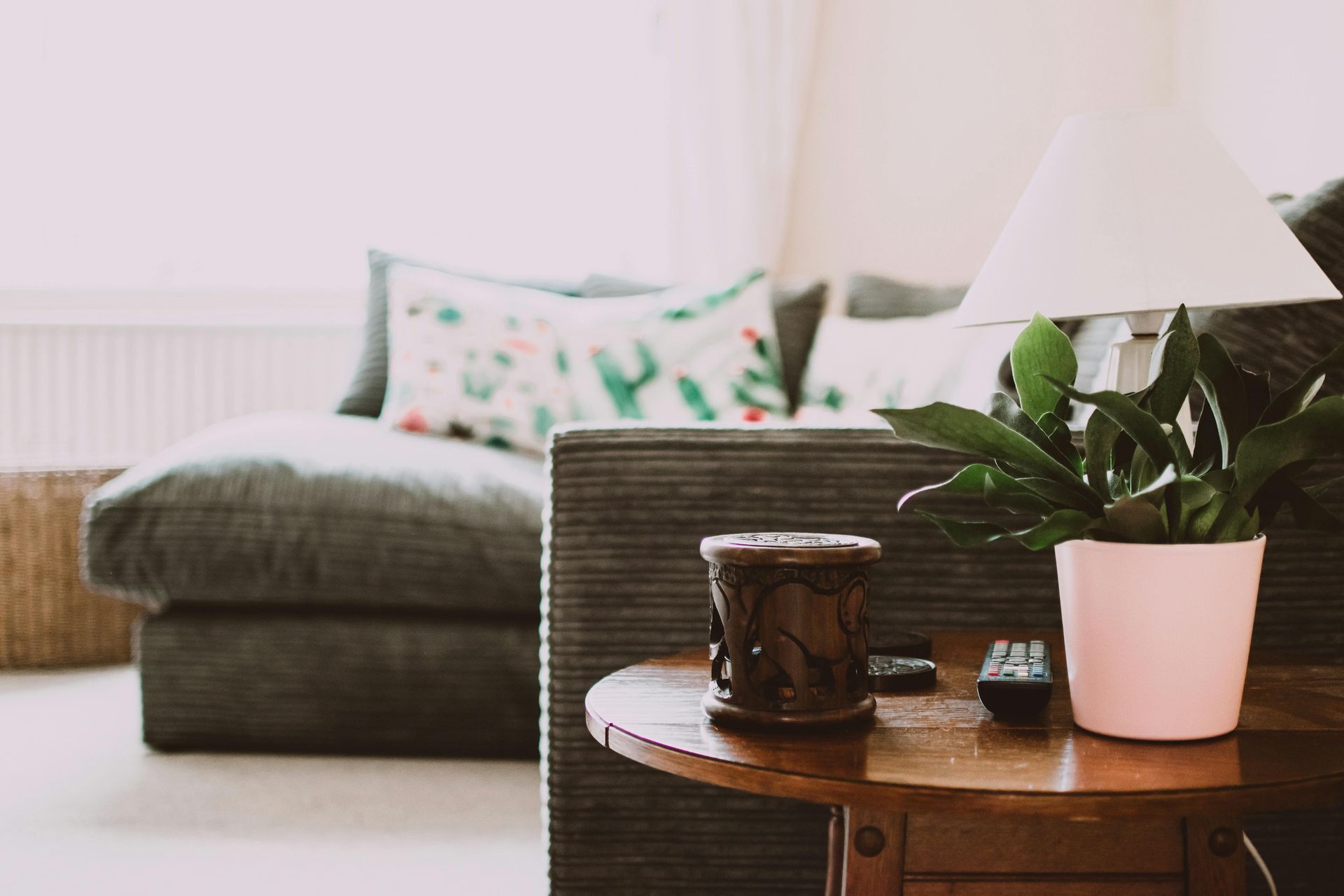LGBTQ-Friendly Dual Diagnosis Residential Rehab Centers:
Comprehensive Care Solutions
Finding the right rehab center is essential for LGBTQ individuals navigating both substance use and mental health challenges, as traditional settings may not fully address their unique needs. At Los Angeles Drug and Alcohol Rehab Center in Los Angeles, California, we offer LGBTQ-friendly dual diagnosis rehab programs that provide a safe, inclusive environment for recovery. According to the National Institute on Drug Abuse (NIDA), LGBTQ individuals are at a higher risk for co-occurring disorders due to factors like discrimination and identity-related stress, making specialized treatment crucial for successful outcomes.
Our programs emphasize culturally sensitive care, with staff trained to use inclusive language and provide compassionate support. By offering multiple levels of care—from residential programs to outpatient services—we ensure that treatment is tailored to each individual’s needs. This holistic approach integrates mental health and addiction treatment, fostering a supportive and welcoming space where LGBTQ individuals can build a foundation for long-term health and well-being.
What is Dual Diagnosis?
Dual diagnosis is when someone experiences both a mental health disorder and a substance use disorder at the same time. These conditions can interact, making each one worse.
Common mental health conditions seen in dual diagnosis include anxiety, depression, and bipolar disorder. They often co-exist with substance use issues like alcohol or drug addiction.
Effective treatment for dual diagnosis usually combines both mental health care and addiction treatment. This may involve therapy, medication, or support groups.
Residential rehab centers, such as OC Rehab Center, provide a safe place for treatment. They offer structured environments where individuals receive intensive care.
Benefits of residential treatment:
24/7 Support: Staff are available around the clock.
Structured Days: Activities and therapy sessions are scheduled.
Community: Residents can connect with others facing similar challenges.
Challenges might arise if a facility lacks LGBTQ-specific services. It's important for LGBTQ individuals to find centers that provide affirming care. Some centers offer tailored programs to meet their unique needs.
A successful dual diagnosis program helps individuals manage both their mental health and substance use disorders. This approach improves outcomes and supports long-term recovery.
What is the Importance of LGBTQ-Friendly Rehab Centers?
LGBTQ individuals often face distinctive challenges in mental health and substance use. Factors such as discrimination, stigma, and lack of familial support can exacerbate these issues. By being LGBTQ-focused, these centers offer personalized care that acknowledges each person's unique experiences and struggles.
Specialized treatment programs cater to co-occurring disorders common among LGBTQ people, who may be dealing with both mental health and substance use challenges. Addressing these complexities requires tailored approaches that general rehab centers might not provide.
Creating Supportive Environments
A supportive environment is crucial for effective treatment and recovery. LGBTQ-friendly rehab centers offer a safe space that affirms gender identity and sexual orientation, helping individuals feel accepted and understood. This support is crucial for building trust and encouraging open communication between residents and staff.
Community-building activities at these centers also emphasize connection and acceptance. Peer support groups composed of fellow LGBTQ individuals provide relatability and understanding, allowing participants to share experiences openly without fear of judgment.
Cultural Competency and Staff Training
Culturally competent care is a cornerstone of LGBTQ rehab programs. Staff training is essential to ensure they understand the specific needs and concerns of the LGBTQ community. This training includes recognizing and addressing issues related to gender identity, expression, and the coming-out process.
Well-trained staff can better support residents by using inclusive language and being aware of systemic challenges faced by LGBTQ individuals. Continuous education in cultural competency equips staff to provide compassionate, informed, and effective care to all residents, improving overall treatment outcomes.
WHY CHOOSE LOS ANGELES DRUG AND ALCOHOL REHAB CENTER?
LGBTQ Dual Diagnosis Treatment Programs and Therapies
LGBTQ-friendly dual diagnosis residential rehab centers offer a variety of treatment programs designed to address both substance abuse and co-occurring mental health issues.
Individualized Treatment Plans
Individualized treatment plans are essential in LGBTQ-friendly rehab centers. Each plan is tailored to meet the unique needs of the person, considering factors such as their mental health, substance use history, and any specific concerns related to their LGBTQ identity.
Evidence-Based Practices
Evidence-based practices are the foundation of effective treatment in dual diagnosis centers. They rely on scientifically validated methods to treat both substance abuse and mental health disorders. Common therapies include cognitive-behavioral therapy (CBT) and dialectical behavior therapy (DBT), which help patients learn coping strategies and reshape negative thought patterns. These approaches are adapted to address the challenges faced by LGBTQ individuals.
Family Therapy and Involvement
Family therapy plays a significant role in recovery by involving loved ones in the treatment process. It helps repair relationships and fosters understanding and acceptance. In LGBTQ-friendly settings, therapists take care to educate families about specific challenges their loved one might face. This involvement provides additional support, helping to build a robust network for long-term recovery.
Holistic and Alternative Therapies
Holistic and alternative therapies complement traditional treatments by addressing the person's overall well-being. These therapies can include yoga, meditation, art therapy, and acupuncture. These methods focus on healing the mind, body, and spirit, providing a comprehensive approach. Such practices can be especially beneficial for LGBTQ individuals, offering a safe space to explore personal identity and reduce stress.
Do You Need Help in Getting Treatment?
Worried about treatment costs or limited insurance coverage? We accept various insurance providers to ensure you get the care you need, regardless of your financial situation.
Contact us today to learn how we can help.

Components of Dual Diagnosis Treatment
Combining Outdoor Adventure Therapy (AT) with Cognitive-Behavioral Therapy (CBT) can enhance mental health treatment. This approach leverages nature's calming effects alongside structured therapeutic techniques to address various psychological challenges.
Synergy of AT and CBT Methods
AT involves engaging in outdoor activities to build resilience and self-efficacy. CBT focuses on changing thought patterns to improve emotional well-being. Together, these therapies foster personal growth and emotional regulation.
In combining these methods, individuals confront fears and develop problem-solving skills in real-world settings. Outdoor activities, like hiking or sailing, serve as practical exercises; they allow the practice of CBT principles, such as challenging negative thoughts, in action. This synergy strengthens coping mechanisms and encourages empowerment.
Outcomes of Combined Therapeutic Interventions
The integration of AT and CBT shows promising results for treating anxiety and depression. Engaging in adventure activities helps clients manage stress and build confidence in their capabilities. CBT provides structure and tools to analyze and modify negative thought patterns.
Clients often report improved self-esteem and a greater sense of control over their emotional states. The combined approach also addresses various emotional needs, fostering improved interpersonal skills and emotional awareness. This dual focus creates a supportive environment for overcoming mental health barriers.
LGBTQ Advocacy and Community Engagement
LGBTQ advocacy plays a critical role in creating safe spaces for those seeking support. Many organizations work hard to ensure that LGBTQ individuals can live without discrimination. Community engagement is vital in raising awareness about challenges faced by LGBTQ populations.
Gay-Straight Alliances (GSAs) and other groups provide platforms for inclusion. These alliances address civic engagement and support individuals in expressing their identities safely. A steady rise in legislation affecting LGBTQ people requires persistent advocacy. As of late 2023, more than 500 bills targeting LGBTQ rights were introduced in the United States, highlighting the necessity for continued action.
Community centers, like The Source LGBT+ Center in California, offer valuable support by providing resources such as support groups and mental health services. These centers help elevate visibility and inclusion within local communities.
Advocacy organizations collaborate at both state and federal levels to break down barriers. Their efforts aim to reduce stigma and improve access to essential services, ensuring that LGBTQ individuals receive equal treatment and opportunities.




